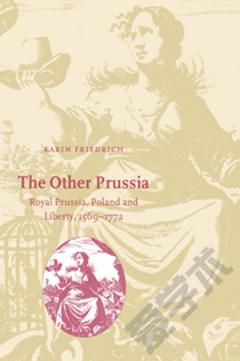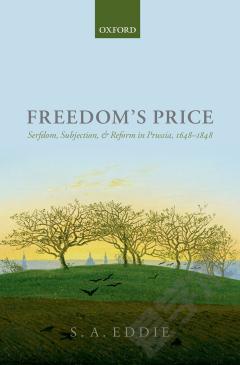The Other Prussia: Royal Prussia, Poland and Liberty, 1569–1772
This book considers the phenomenon of nation-building before the age of modern nationalism. It focuses on royal (Polish) Prussia - the 'other' Prussia - a province of the Polish-Lithuanian Commonwealth from 1466 to 1772/3, and its major cities Danzig, Thorn and Elbing. As an integral part of the Polish state the Prussian estates took pride in their separate institutions and privileges. Although its urban elites became predominantly Protestant and German-speaking, they formulated a republican identity deliberately hostile to the competing monarchical-dynastic myth in neighbouring ducal Prussia, ruled by the Brandenburg-Hohenzollerns from 1618. After 1700, the Polish crown increasingly antagonized the Prussian burghers by its centralizing policies and its failure to protect the integrity of the Commonwealth's borders. The decline of Poland and the partitions of 1772–93 guaranteed that it was not the tradition of liberty but the Hohenzollern version of Prussian identity that survived into the modern era. Joint winner of the Orbis book prize, The American Association for the Advancement of Slavic Studies.
{{comment.content}}








 京公网安备 11010802027623号
京公网安备 11010802027623号